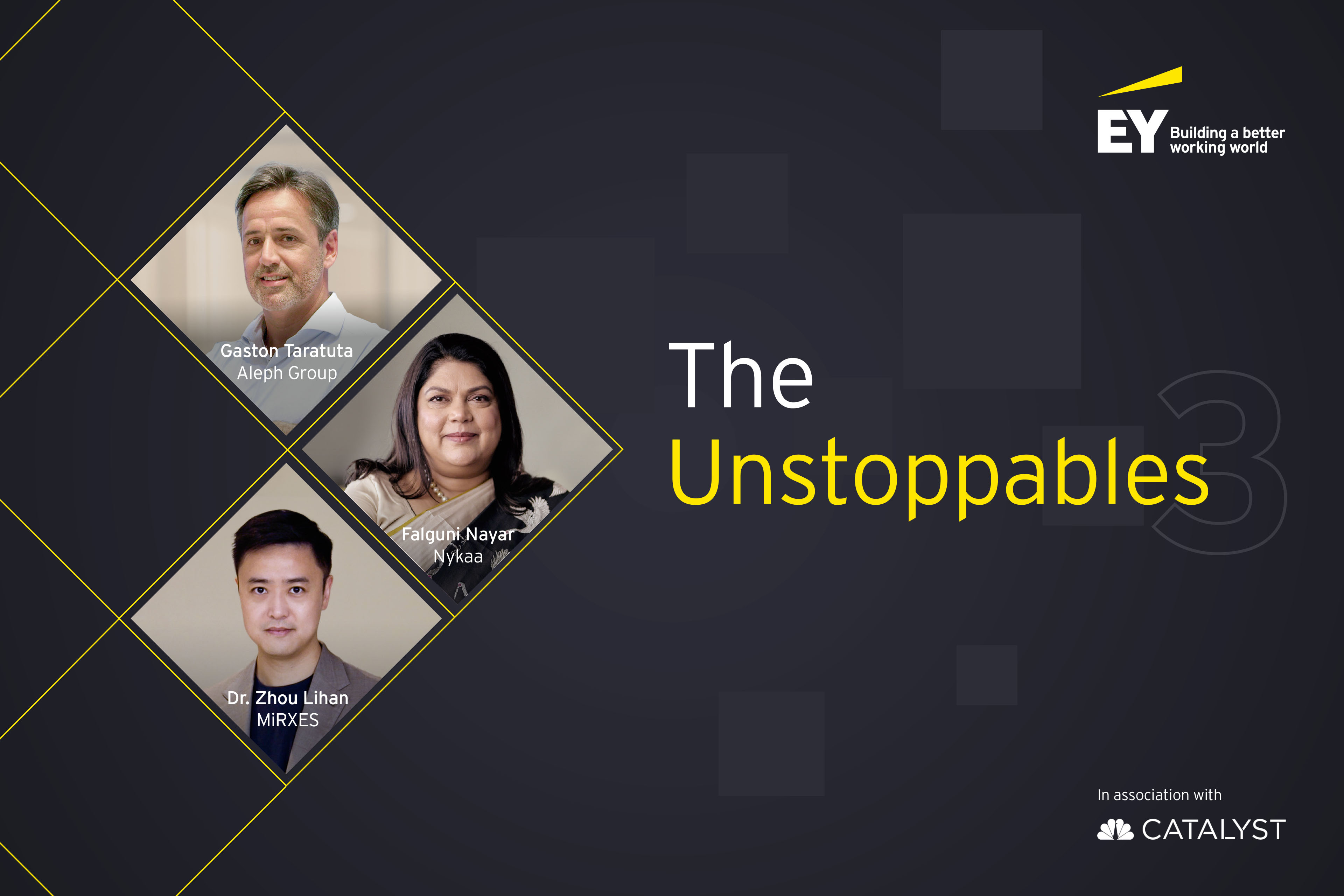EY refers to the global organization, and may refer to one or more, of the member firms of Ernst & Young Global Limited, each of which is a separate legal entity. Ernst & Young Global Limited, a UK company limited by guarantee, does not provide services to clients.
How EY can Help
-
Sustainability and ESG services that help protect and create value for business, people, society and the world. Explore the depth and breadth of EY services and solutions.
Read more
Purpose and profit not at odds
Executives in EY studies said their pursuit of purpose delivers the greatest value in areas that are arguably most critical to them. For example, those in the life sciences and diversified industrial products industries said their purpose drives value by helping to develop innovative new products. Those in oil and gas and mining and metals companies said their purpose provides most value in helping them identify and reduce risks. Consumer products companies see purpose as fundamental to building greater customer loyalty.
Indeed, the EY Future Consumer Index in November 2022 showed a dramatic shift in consumer values, where people are less motivated by financial rewards and increasingly confer status on sustainable behaviors rather than wealth. Consumer brand preferences are now driven by an alignment of the customer’s values and the brand’s purpose — a new game-changing “P” in addition to the four Ps of product, price, place and promotion.
Further, the COVID-19 pandemic has reinforced the importance of environmental, social and governance (ESG) issues. Investors are placing a dual emphasis on financial and nonfinancial metrics. They also consider companies that perform well on ESG to be less risky and better positioned for the long term. A corporate purpose that drives and underpins ESG goals is, therefore, instrumental in attracting the finance, trust and confidence necessary to grow the business.




